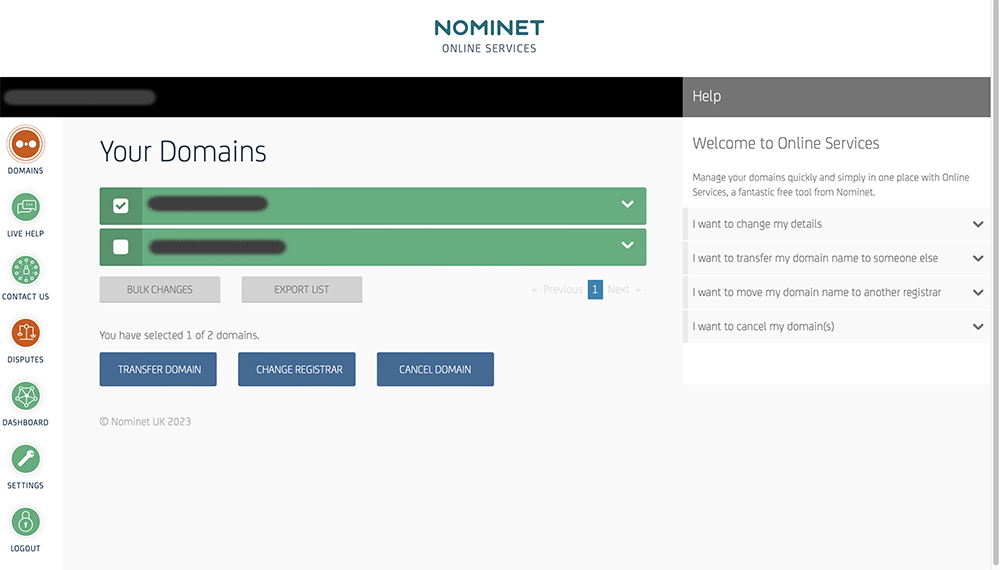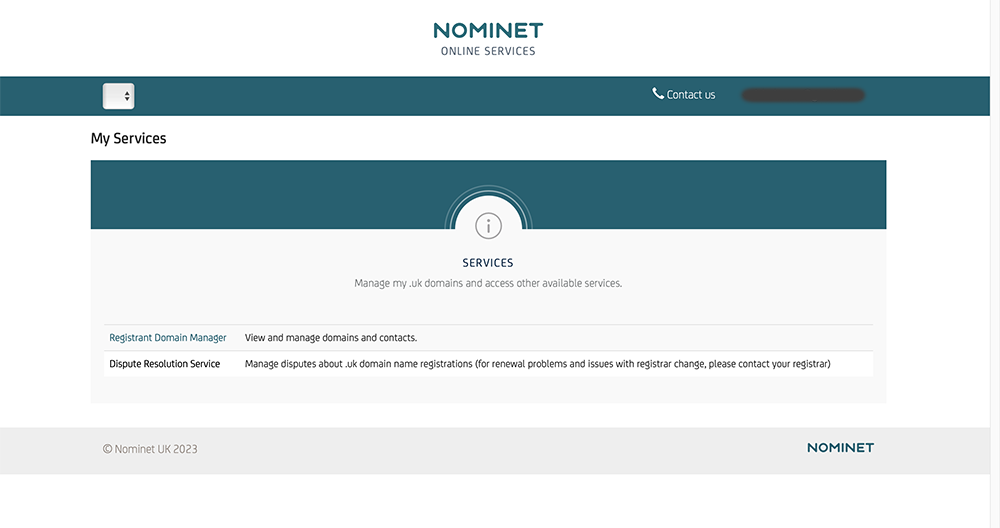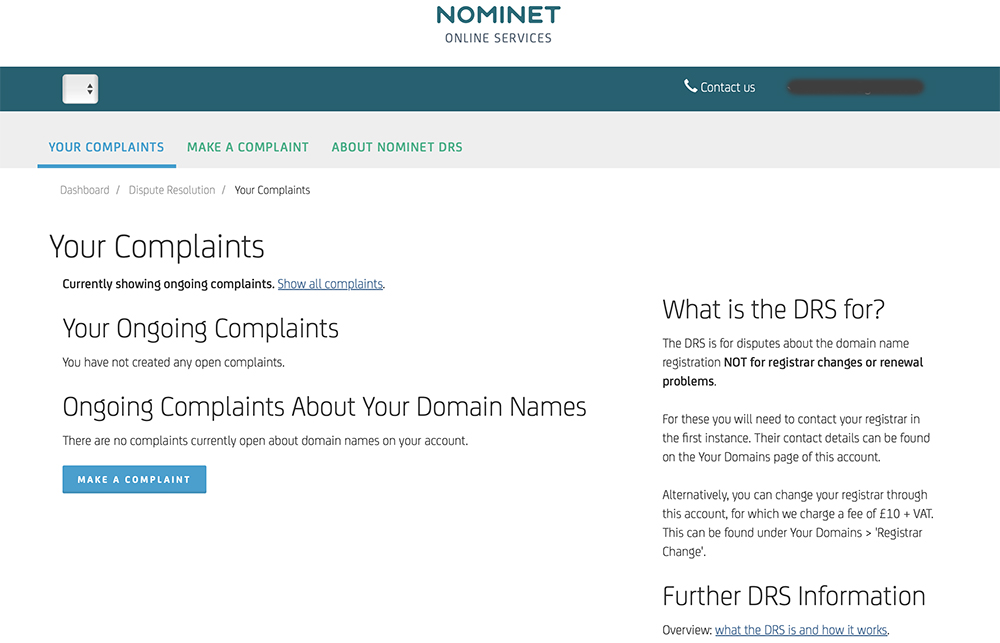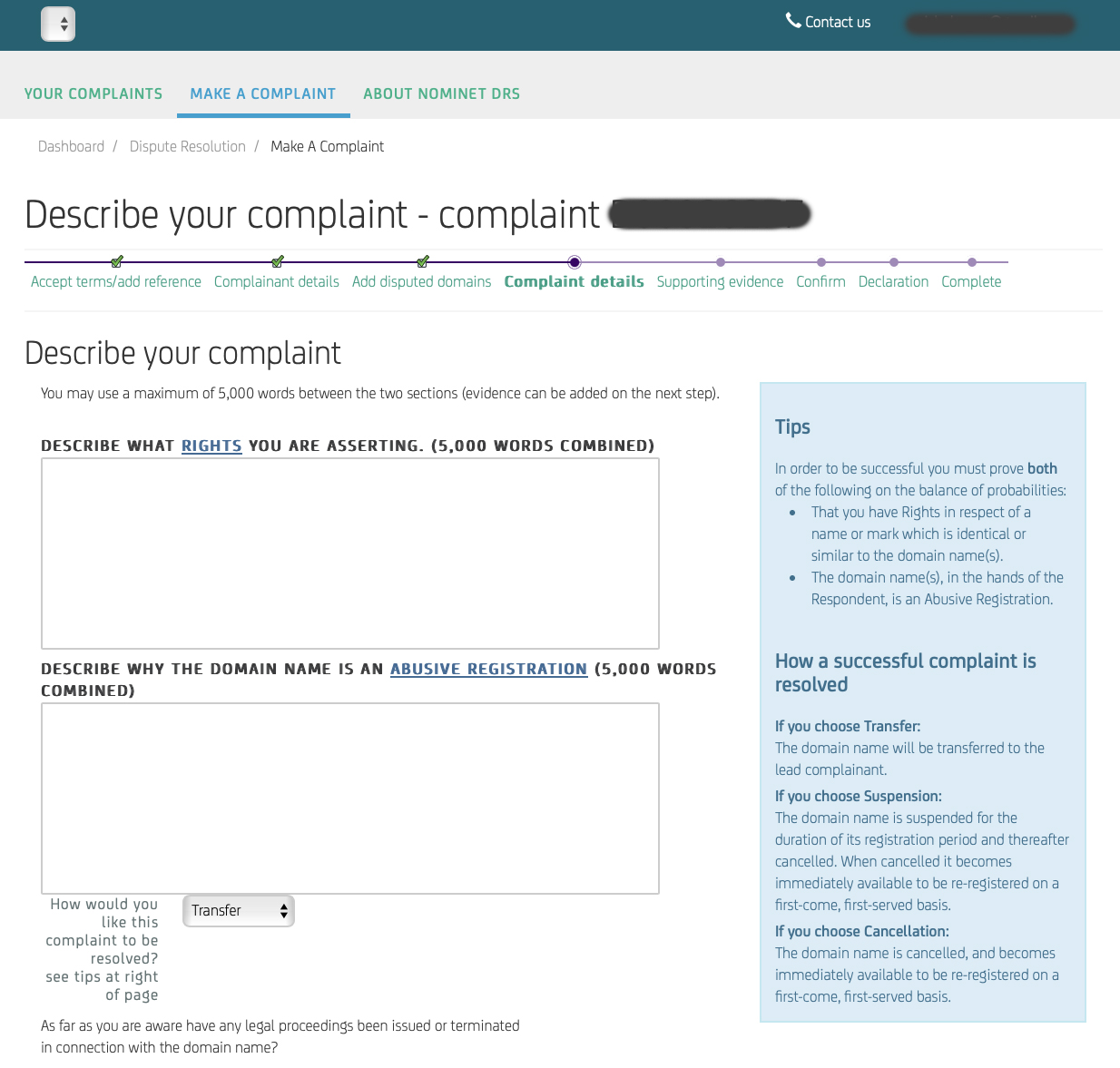How .UK Domain Conflict Resolution Works
Introduction
As of June 2023, the .uk domain stands tall as the fifth most popular top-level domain globally, with an impressive count of over 11 million registrations, making it one of the most established and widely used domains worldwide. The UK Domain Family comprises four distinctive domain extensions – .uk, .co.uk, .org.uk, and .me.uk – each presenting its own distinctive features and tailored to various requirements and objectives in the digital sphere.
Despite a significant downturn in the number of complaints, with only 548 lodged in 2021, conflicts around domain names may still occur given the rapid pace of weekly registrations. Understanding how to manage and navigate these conflicts is crucial for businesses, individuals, and entities striving to establish a clear and undisputed online presence within the UK domain family.
In this blog, we examine the realm of .uk domain conflict resolution, offering actionable advice, insights and strategies for effectively managing a domain name dispute, as well as providing an easy-to-follow 6-step guide to the process.
Who Handles Domain Conflict Resolution in the UK?
Nominet, a non-profit public benefit company and the UK's largest domain registry, operates and manages the UK Domain Family. Through its Dispute Resolution Service, Nominet also ensures an efficient and fair resolution process for domain-related disputes, supporting businesses and individuals in maintaining a strong online identity within the UK domain landscape.
What Type of Conflicts May Occur?
A domain name, now prized as a valuable intellectual property asset, can often become the ground for a dispute. To file a successful complaint through Nominet's Dispute Resolution Service, it's essential to demonstrate that the current domain registrant has engaged in abusive registration. Under the UK's Dispute Resolution Policy, this can be proven in 2 instances in which a domain:
For .uk domains, this unfair behavior can occur at any point from the domain's registration onward, without any time limitations. For instance, while the registration might have been initially 'fair,' subsequent unfair use could arise due to changes in use, disagreements between parties, or a shift in intentions.
Importantly, a Complainant isn't obligated to prove both unfair registration and use. It's also crucial to understand that unfair use encompasses various purposes, including website or email usage. In general, disputes typically arise from various scenarios:
-
Cybersquatting: Occurs when a party registers a domain name with the intent to sell, rent, or block access to another business, sometimes at an inflated price. This practice can disrupt the other business or be used for competitive purposes.
-
Reverse omain Hijacking: Involves large companies relentlessly pursuing a domain name, even if the current owner has legitimate rights. These entities might use their resources to coerce the owner into relinquishing their rights.
-
Shared Interests: Businesses might legitimately vie for a domain name, especially when it relates to a product they both sell or shares a resemblance to their business name.
These scenarios frequently lead to conflicts, stemming from the use of trademarks and other intellectual property (IP) rights within domain names. Resolving these disputes requires understanding the nuances of each situation and employing appropriate strategies.
Filing a Complaint
To file a complaint against an unfair .uk domain usage, the Complainant must first submit their complaint through the Online Services tool, accessible by logging on to the Nominet website and clicking on 'Login to Online Services' button. You will need to register online if not already an existing user. You can then locate the 'Disputes' section in your account, which will direct you to the Complaint Form.

Figure 1. Nominet Online Services Account Page. Source: Nominet.org.uk.

Figure 2. Domain Services Window. Source: Nominet.org.uk.

Figure 3. Access to Complaint form. Source: Nominet.org.uk.
Submitting accurate information initially is crucial as cases can span 8 to 12 weeks. You should therefore be careful to review supporting documents and adhere to their guidance criteria as it your responsibility to provide sufficient evidence to uphold your claim. It's crucial to demonstrate the following:
You're required to establish these points based on the 'balance of probabilities'. This means you need to convince the Independent Expert that your case is more likely to be correct than the Respondent's.
The user-friendly Online Services tool will guide you through the steps and notify if any information is missing. Your submission allows for a maximum of 5,000 words, although you are permitted to include evidence beyond the word limit in various formats, such as electronic attachments, web pages (URLs), or paper annexes.

Figure 4. Screenshot from Complaint form. Source: Nominet.org.uk.
Once you have completed each stage of the form, confirmed the information and declared it to be true, you are ready to submit your complaint.
Having submitted a complaint, the Nominet team will review and validate it within 3 working days. The Complainant will be notified about any shortcomings and may submit a new complaint. If accepted, a copy of the Complaint will be dispatched to the domain name's Registrant via recorded delivery post and email.
The Registrant or Respondent is given 15 working days to submit a response. They can either accept the proposed remedy suggested by the Complainant or present reasons for disagreement. The Response is then forwarded to the Complainant for their comments, who is offered a 5-day reply window to address any new points raised by the Respondent.
Mediation
In cases where a response is submitted, Nominet offers a complimentary mediation service. Both parties are automatically 'opted-in' to the service, but it's entirely voluntary and neither is obligated to engage in mediation if they do not wish to do so. In the absence of a response, the process will advance to the Arbitration stage.
Mediation can last approximately 10 working days and commences once all documents have been received. The process consists of a skilled and accredited Nominet mediator stepping in to facilitate discussions between the parties involved, exploring potential avenues for resolving the dispute. While maintaining complete impartiality, the mediator will refrain from making judgments or imposing decisions. Mediation proceedings are always confidential and without prejudice. This means that discussing the case or exploring potential settlements with a mediator won't negatively impact your position.
Arbitration
In cases where there's no response or mediation is unable to resolve the issue, the Complainant can appoint an independent adjudicator or Expert to decide the domain name's outcome. Payment must be made within 10 working days of issuance of the Expert's invoice. Once appointed, an Expert will deliver their decision within 15 working days. Following this, the losing party is offered a 10-day window to lodge an appeal. If there's no response, the Complainant can request a Summary decision in exchange for a fee. Otherwise, a full Expert decision will be made available, also for a fee, where the Expert reviews both sides' arguments to make a final decision. It should be noted that Nominet doesn't profit from managing the process and that fees cover the Expert's time. Please check the Nominet website for details on the fees applicable under each scenario.
Enforcement of the Decision
If the Expert makes the decision to transfer, cancel, or suspend the domain name, Nominet will enact the necessary changes to domain name records and publish the decision on its website. Nominet also offers assistance in transferring the domain name to a new registrar. In the event of a mediation agreement, the mediator assists both parties in fulfilling their terms. If no additional action is taken by either party, the Dispute Resolution Service case file will be closed.
Appeals are infrequent but available to parties unhappy with an Expert decision (either Summary or Full). If you opt to appeal, you are required to act within 10 working days from the original decision. Appeals are reviewed by a panel of three Experts and therefore entail an elevated cost.
Conclusion
The process of .uk domain conflict resolution involves a structured pathway, from filing complaints to Expert decisions, mediation, and eventual case closure. Understanding these steps provides a clear roadmap for efficiently resolving disputes within the .uk domain landscape. By comprehending the roles of each stage, individuals and entities involved in conflicts can navigate this process effectively, ensuring fair and informed resolutions.
Step-by-Step Guide to the .UK Dispute Resolution Process
Step 1: Identify Domain Name Infringement
The Complainant recognizes a potential domain name infringement related to trademark similarity, lack of legitimate interests, or bad faith usage.
Step 2: Complaint Submission and Payment
The Complainant submits their Complaint using Nominet's Online Services tool. They must submit the required forms and necessary case documents to the Dispute Resolution Provider (Nominet) and complete payment.
Step 3: Compliance Check - (Timeline: 3 Working Days)
The Dispute Resolution Provider reviews the submitted form for compliance. The team reviews and validates it within 3 working days. The Complainant will be notified about any shortcomings and may submit a new complaint.
Step 4: Notification to Respondent (Timeline: 15-20 Days)
The Dispute Resolution Provider notifies both the Respondent (domain owner) about the filed complaint who is given 15 days to respond. After receiving a copy of the response from Nominet, the Complainant is given a further 5 working days to address any new points raised.
Step 5: Mediation (Timeline: Approx. 10 Working Days)
Once all documents, submissions and responses have been received, parties are offered voluntary mediation, though participation is not mandatory.
Step 6: Expert Arbitration (Timeline: 15 Working Days)
If mediation fails or if there's no response from the Respondent, Complainants can appoint an Expert and must pay the relevant fees within 10 days of issuance of the invoice. If no response is given within the 10-day mediation window, Complainants can opt for a summary decision by the Expert. In all other cases, for example if parties fail to reach a settlement during mediation, a full Expert decision will apply. Required fees vary accordingly.
Step 7: Appeal (Timeline: 10 Working Days)
Appeal Process: Appeals require action within 10 days of the original decision and involve a panel of three Experts.
Step 8: Enforcement of Decision
Once the Expert decision is made, Nominet will update the domain records and publish the decision on its website.
(Timeline: 8 to 10 Weeks in Total)